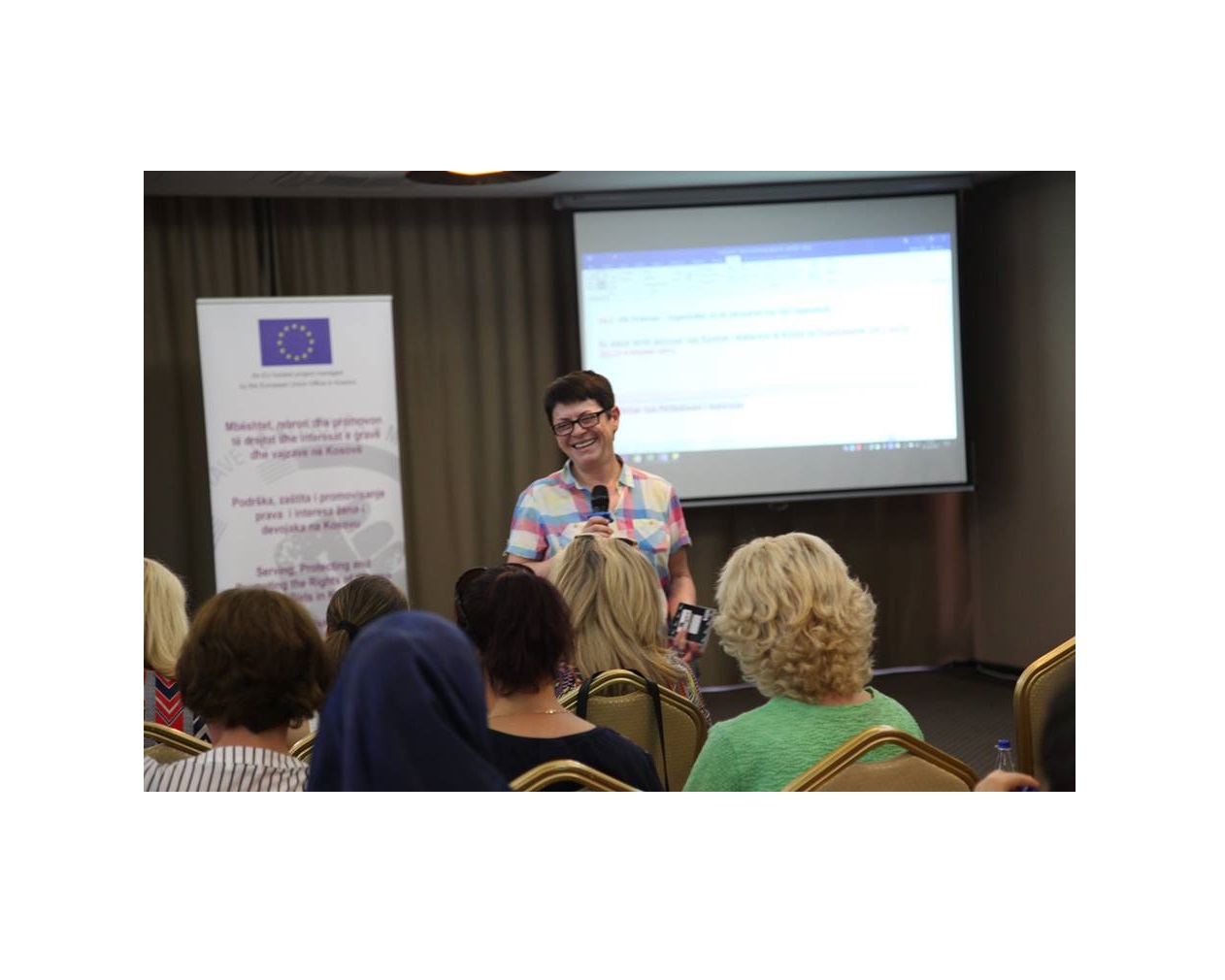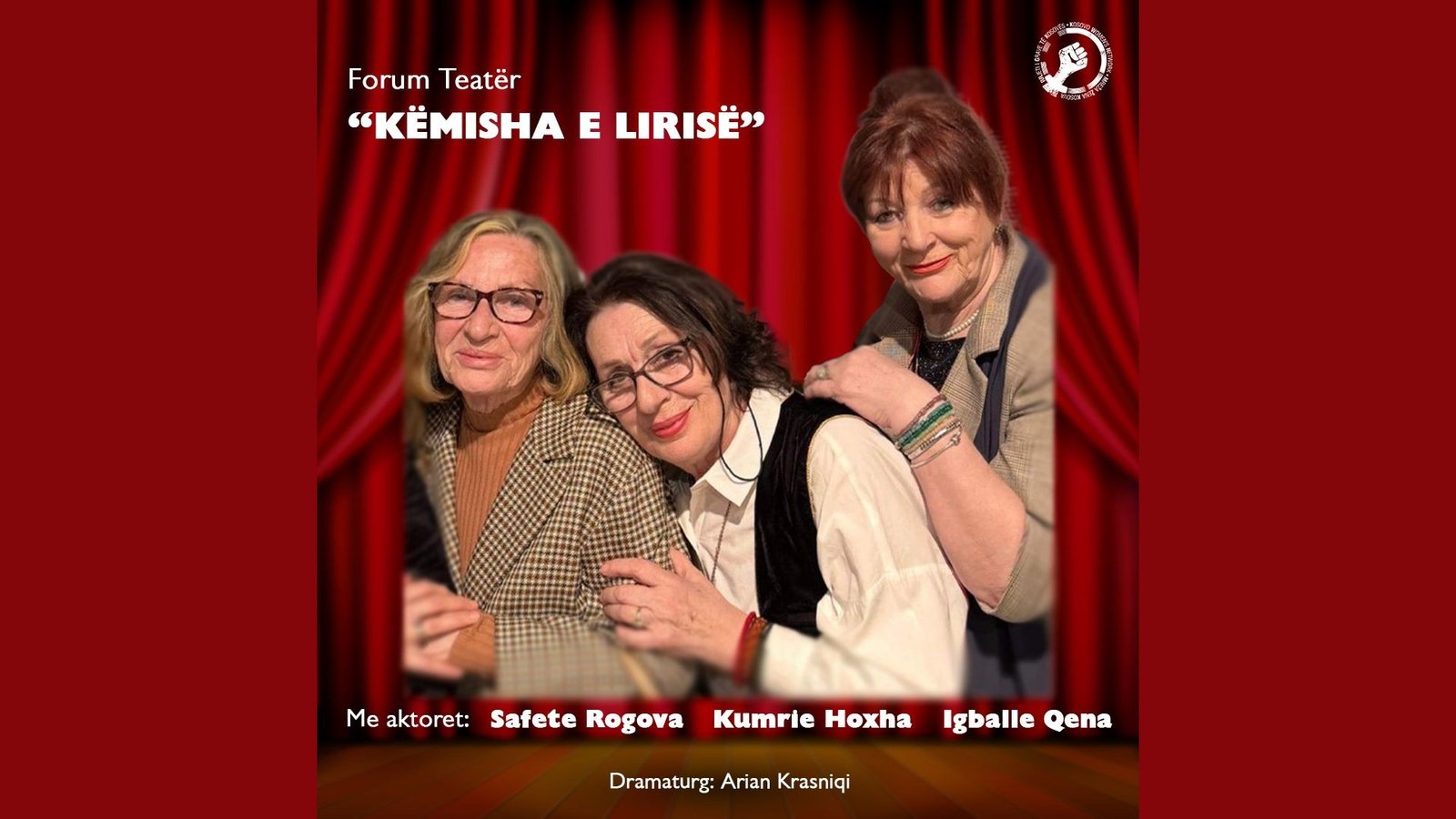On 1 July 2017, the Kosovo Women’s Network (KWN) held its members bimonthly meeting, and it was attended by representatives of member organizations, staff members, Board members and other supporters of KWN.
Given that the agenda for this meeting was updating and amending the KWN Statute, Igballe Rogova, Executive Director of KWN, recalled to the participants the information that since the Annual Assembly of Members, held in December 2016, it was discussed to change the name of KWN in Albanian, shortening it to Kosovo Women’s Network (in Albanian: Rrjeti i Grave të Kosovës), since in Albanian the name has been longer.
Further, based on the change of name, it was decided that KWN’s Statute should be updated based on the latest version of the Statute of Non-Governmental Organizations (NGOs).
The last model of the KWN Statute has been approved on 4 December 2011, by the Assembly of Members, at a meeting held in Durres. The current model is based on the latest model (17.10.2014) published on the website of the Ministry of Public Administration (MPA), the NGO Department, in consultation with Law No. 04 / L-57 on Freedom of Association in Organizations Non-governmental organizations, as well as some comments and suggestions from members.
According to this Law, there are two models of Statutes, by the Assembly or the Board, depending on the highest governing body of the Organization. Since KWN’s highest governing body is the Assembly of Members, all changes made in the 11 articles are based on the respective model.
After the revision of all articles, the members agreed and approved all the changes. KWN staff continued with the procedures required by the Department of NGOs’ at the MPA in order to conclude this process.
The next meeting of KWN members will be held on September 11th. This activity has been supported by the European Union Office in Kosovo.





